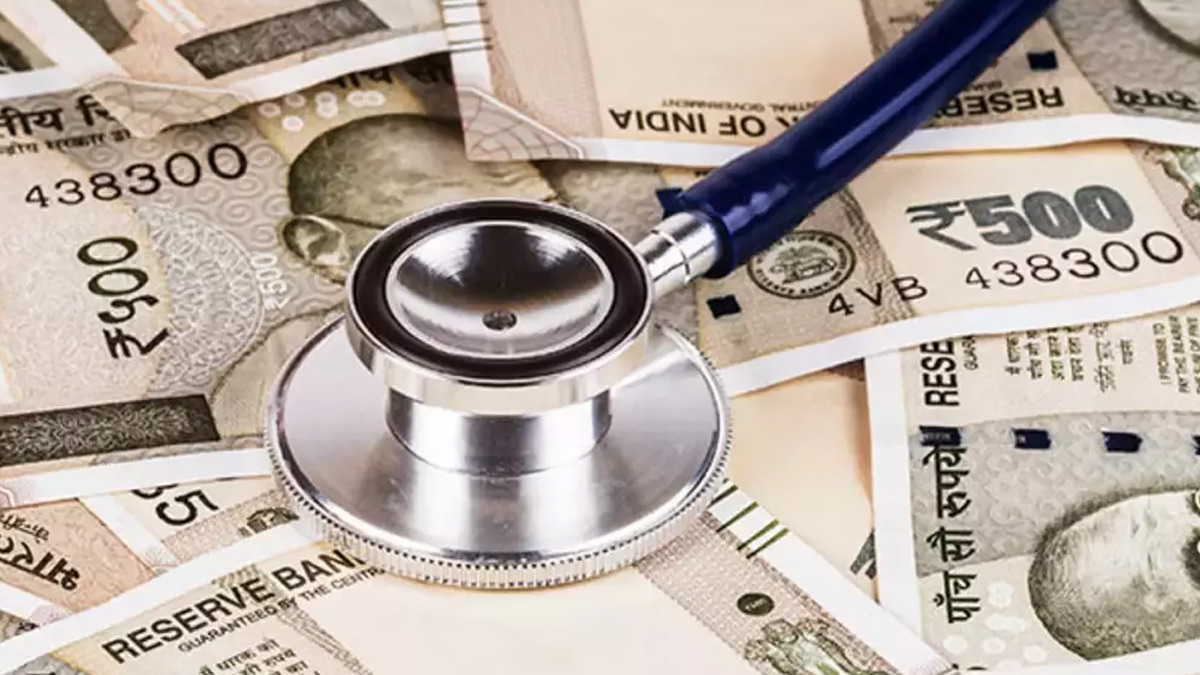
As the 2024 Budget approaches, the healthcare sector is fervently advocating for a significant increase in public health spending. Industry leaders argue that enhanced investment is crucial to meet growing infrastructure needs and to address the persistent challenges of supply and demand in the sector. This call to action emphasizes the necessity of raising public health expenditure above 2.5 percent of the country's gross domestic product (GDP).
A Critical Need for Enhanced Healthcare Infrastructure
One of the primary voices in this advocacy is Abhay Soi, President of the Healthcare Federation of India (NATHEALTH) and Chairman of Max Healthcare Institute. Soi highlights the urgent requirement for two billion square feet of advanced healthcare facilities. This extensive development is essential to modernize the sector and to ensure that the population has access to high-quality medical care.

Recommendations for Modi 3.0's First Budget
NATHEALTH has put forth comprehensive recommendations for the first Budget under Modi 3.0, scheduled to be presented on July 23. These recommendations underscore the importance of significantly boosting healthcare spending to achieve better social insurance outcomes, expanding medical facilities in smaller cities, and advancing digital health services. The Economic Survey 2022-23 indicated that the combined healthcare expenditure by the central and state governments reached 2.1 per cent of GDP in FY23, demonstrating progress but also highlighting the gap that still exists.
Also Read: Second Patient To Receive Pig Kidney Transplant Succumbs To Complications
Comparative Analysis: India's Healthcare Spending Versus Global Benchmarks
While India's healthcare expenditure has seen a notable increase, data from the National Health Accounts reveal a 63 per cent rise in spending from 2014-15 to 2021-22. However, when compared to global benchmarks, India's spending still lags significantly. For instance, OECD data from 2022 shows that the United States had the highest health expenditure to GDP ratio at 16.6 per cent, whereas India's ratio stood at a mere 2.9 per cent. This stark contrast underscores the urgent need for India to bolster its investment in public health.
Industry Leaders' Perspectives on Healthcare Spending
Gautam Khanna, CEO of PD Hinduja Hospital, suggests that the government should implement a healthcare scheme specifically designed for the middle class. He advocates for allocating 2.5-3.5 per cent of the GDP to healthcare to ensure comprehensive coverage and to bridge the existing gaps. Suneeta Reddy, Managing Director of Apollo Hospitals, echoes this sentiment, urging the government to prioritize the healthcare sector as a means to stimulate overall economic growth and productivity.
Addressing Compliance Burdens and Promoting Innovation
In addition to calling for increased spending, industry leaders are also pushing for policy reforms to ease compliance burdens on healthcare providers. This includes promoting innovation in medical technology (medtech), rationalizing the Goods and Services Tax (GST), and reviewing the health cess on medtech products to enhance affordability. These measures are seen as critical to fostering a more efficient and accessible healthcare system.
Also Read: Two More Expecting Moms And Teen Contract Zika In Pune, Total Tally Rises To 15
The Importance of Government Schemes in Private Healthcare
The industry also emphasizes the need for broader acceptance of government healthcare schemes like the Pradhan Mantri Jan Arogya Yojana (PM-JAY) and the Central Government Health Scheme (CGHS) among private healthcare providers. Such integration is vital for creating a seamless healthcare ecosystem that benefits all sections of society. By increasing the adoption of these schemes, the government can ensure wider access to quality healthcare services.
Conclusion: A Call for Strategic Investment in Healthcare
As the government prepares to unveil the 2024 Budget, the healthcare sector's plea for increased investment and strategic policy reforms cannot be overlooked. Raising public health expenditure above 2.5 per cent of GDP is not just a financial imperative but a social one. It promises to address infrastructure deficits, enhance healthcare access in underserved regions, and propel India towards a more equitable and robust healthcare system. The upcoming Budget presents a pivotal opportunity for the government to demonstrate its commitment to the health and well-being of its citizens, thereby laying the foundation for a healthier, more prosperous future.
Also watch this video
How we keep this article up to date:
We work with experts and keep a close eye on the latest in health and wellness. Whenever there is a new research or helpful information, we update our articles with accurate and useful advice.
Current Version